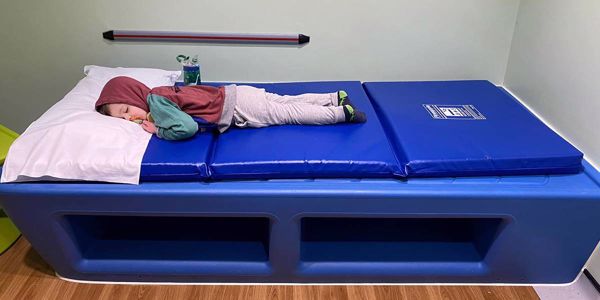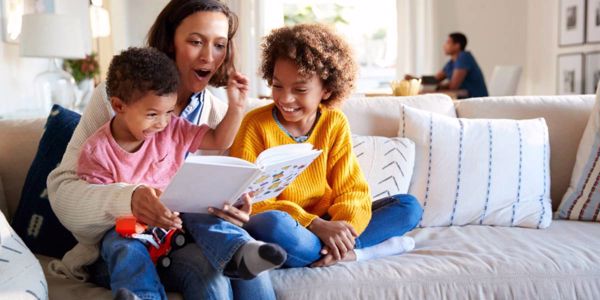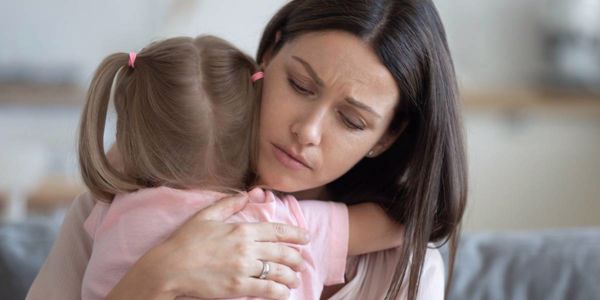Practicing gratitude with your child is more than just teaching them to say please and thank you. It digs a little deeper into the feeling of appreciation for what they have & how they are grateful. There are a number of benefits to expressing gratitude both for yourself and for your child.
Here are some easy ways you can explore gratitude with your child.
How to practice gratitude with your child.
Being a great role model.
As with most things in life, it’s important for you to teach your child using your own actions. Kids pick up on so much. It’s imperative that if you want your child to express gratitude, you must also do the same.
To show thanks or appreciation to somebody, send them a card, a gift or some flowers. You could explain to your child why you are doing this for them to understand acts of recognition.
Avoid dwelling on negatives. Instead show positivity and be grateful for what you do have. Your child will pick up on this, and the positivity will run through.
Encourage reflection.
Before heading up to bed, you could encourage your child to reflect on their day. This could be talking about the things they have done or writing notes down in a gratitude journal. Ask them to think of a few things that have made them happy that day. I’d recommend a ‘happiness jar’ where memories and positive moments can be written down and stored. It’s a great bonding experience and way to look back at the end of each month with your child.
If they’re struggling to think of daily positives you could maybe lead by example and share some of your own. Remember they don’t have to be big things. It could be something as simple as a friend inviting them to play or a teacher encouraging them with their studies. Gratitude is all about appreciating the smaller, simpler things in life.
Provide a sense of perspective.
Empathy is an important emotion and a huge one to tackle as a child. It’s important to help your child consider what other people may be going through so that they can understand their privilege and how fortunate they are. A child is very lucky to have a roof over their head and warm food in their tummies.
Although it may be difficult to teach younger children a sense of perspective I don’t think you can open up the conversation early enough. You could start perhaps by talking about an elderly relative or neighbour who may find it difficult completing everyday tasks.
Encourage your child to help these types of people. It will encourage compassion and help them become grateful for what they have.
10 Simple questions you could ask your child to prompt gratitude.
1. What was the best thing to happen at school today?
2. Who has made you feel happy today?
3. What is your favourite thing to do at home?
4. Tell me something you’re good at?
5. Where is your favourite place to visit?
6. What has made you laugh today?
7. What do you want to be when you grow up?
8. Who have you played with today?
9. What is something you’re looking forward to?
10. What is your favourite book to read before bed?






